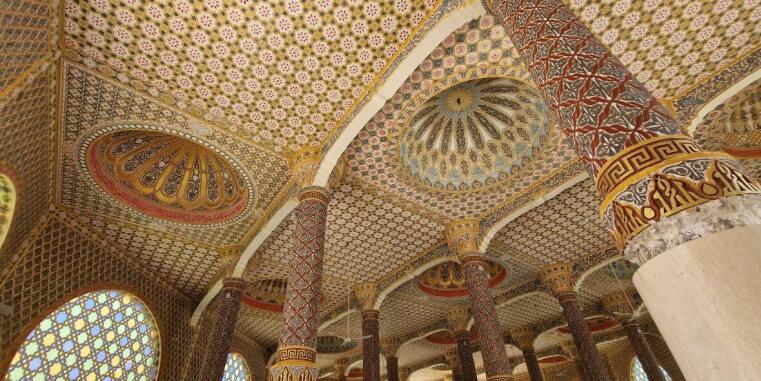


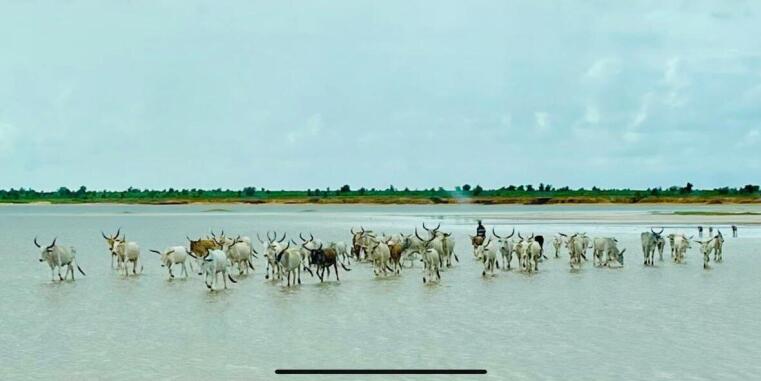

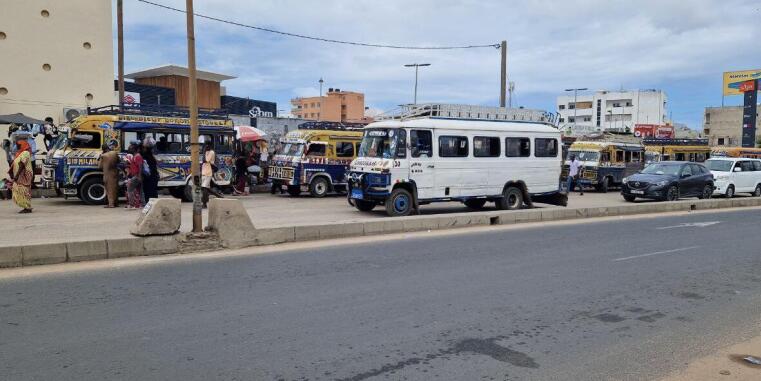


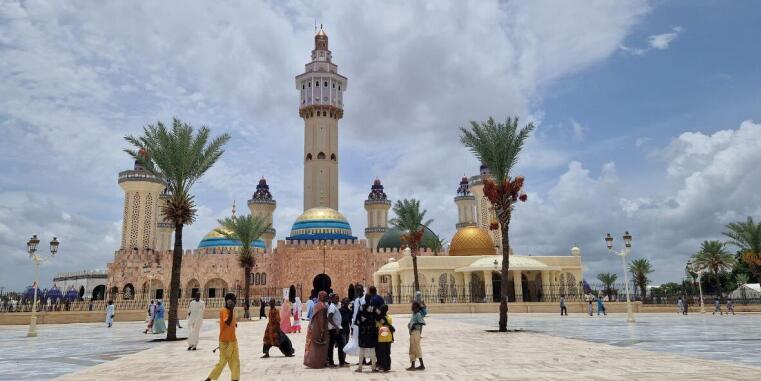

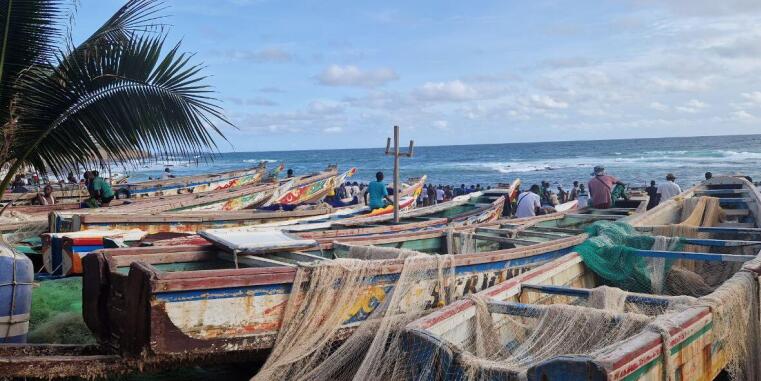





































AGC, Africa Globally Connected/ l’Afrique Globalement Connecté is an interdisciplinary research and teaching network that aims to foster dialogue and collaboration among scholars at the University of Münster and beyond whose work touches on Africa and its location in a global order.
We want to bring into conversation colleagues from various disciplines at the University of Münster who share an interest in Africa. We raise empirical and conceptual questions relevant to Africa’s material and intellectual past and present within a global context. Our research connects contemporary social and political processes to a long-standing history of interconnection and exchange on and beyond the African continent.

The Africa Globally Connected research project is part of the Religion and Politics Cluster of Excellence Network at the University of Münster. It is a transcontinental and comparative research collaboration on the role of social identities in mediating Muslim-Christian-ATR relations in contemporary Africa and it is premised on the fact that religion is an engine of political and social change across the world. Drawing on this research partnership, the central question, which the workshop seeks to address, is: How do social identities inform the ways in which Christians, Muslims and practitioners of African Traditional Religion assert, bridge and accommodate religious differences in Nigeria's plural religious settings?
See the book of abstracts here

Emma Wendt (M.A.), Institut für Ethnologie Münster
Selma Durakovic (M.A.), Zentrum für Islamische Theologie
The lecture series deals with the connection between music and Islam from a theological and anthropological perspective. Being a much debated subject within Islamic discourses, we will deal with the variety of theological positions on the definition, permissibility and the forms of use of music, drawing on Islamic dogmas and the history of Muslim societies. Ethnographic research from around the world will help to highlight not only the religious function of music, but its social, political and identity-forming role for Muslims in Western and Muslim-majority countries around the world (UK, Senegal, Indonesia, MENA region) as well. To conclude, the lecture series offers the possibility to not only talk about but directly with Muslims practicing music during the panel discussion with scholars from Islamic theology and anthropology and with two German-speaking Muslim musicians.
Program